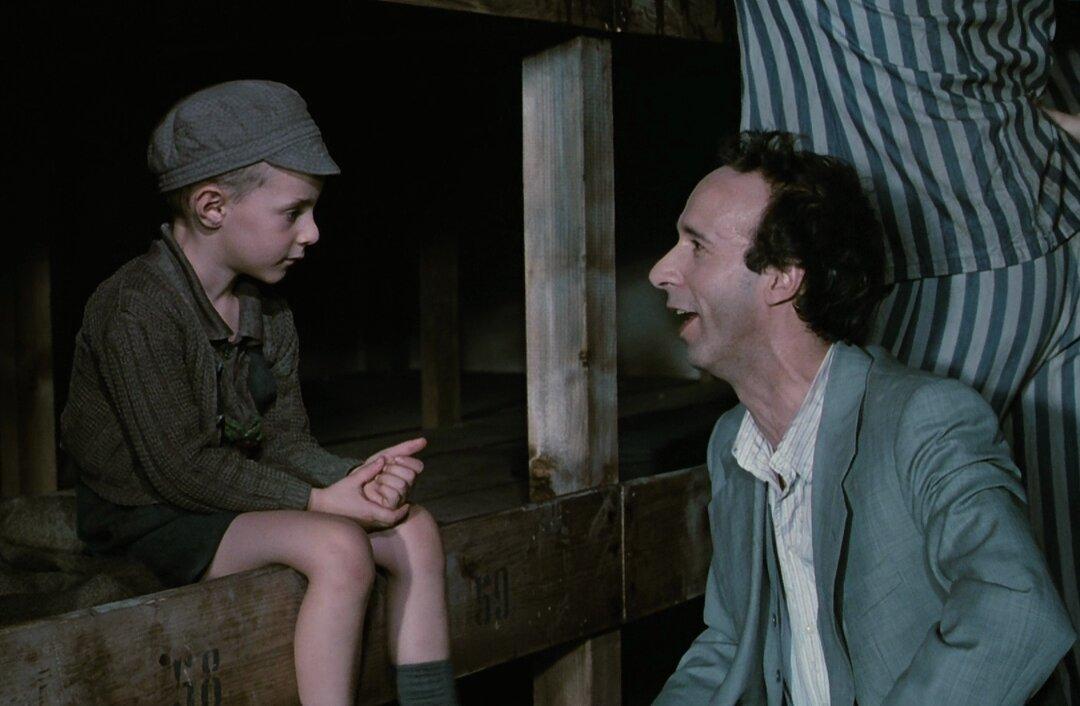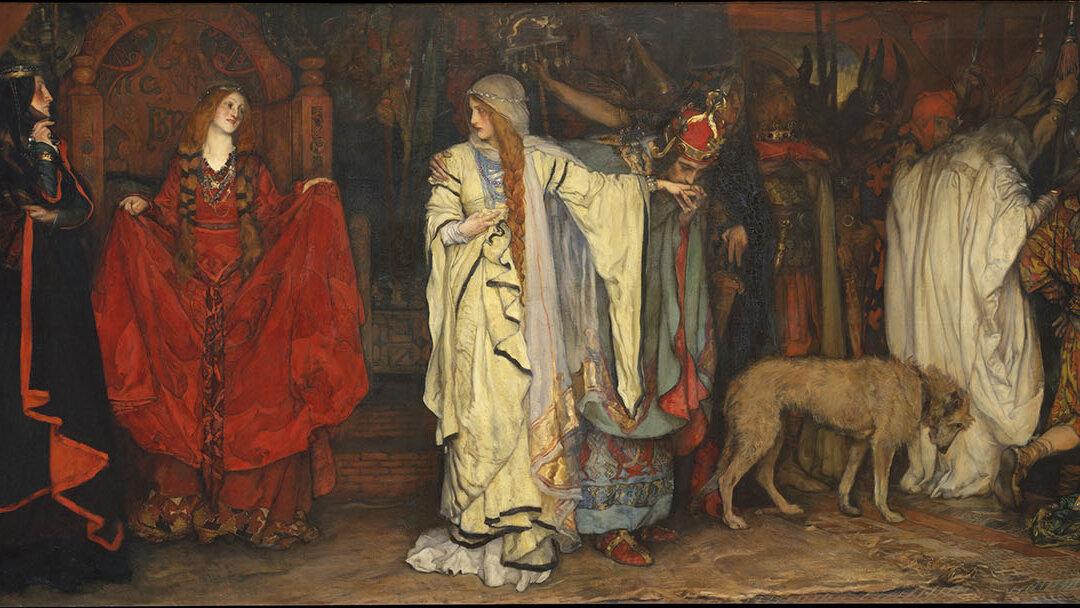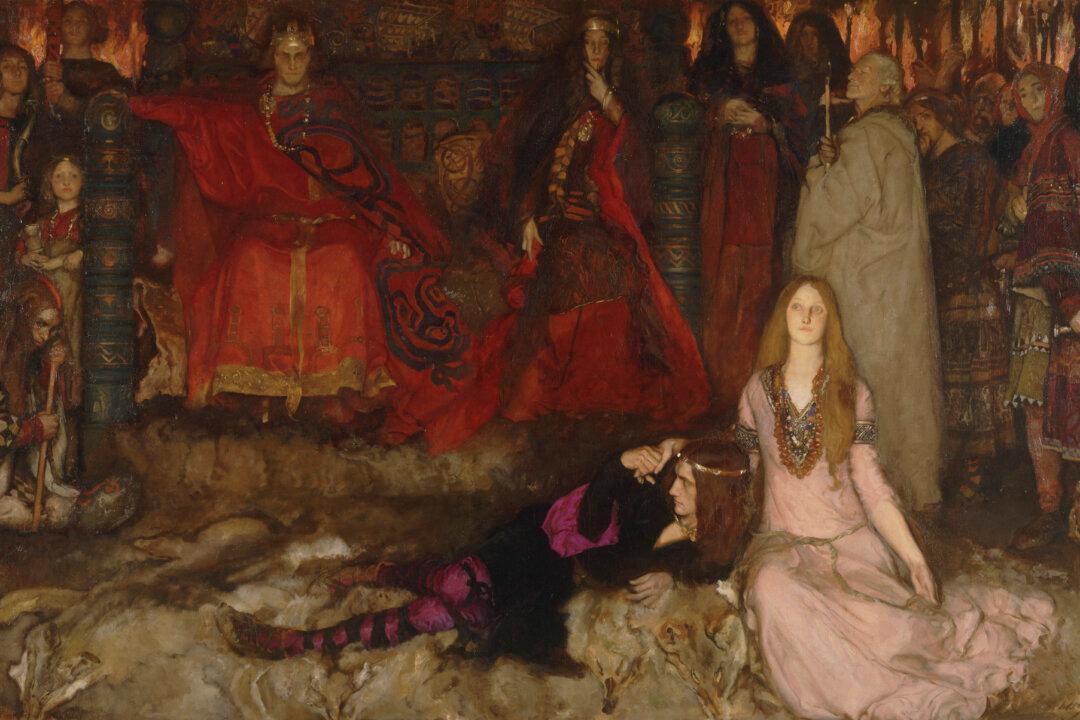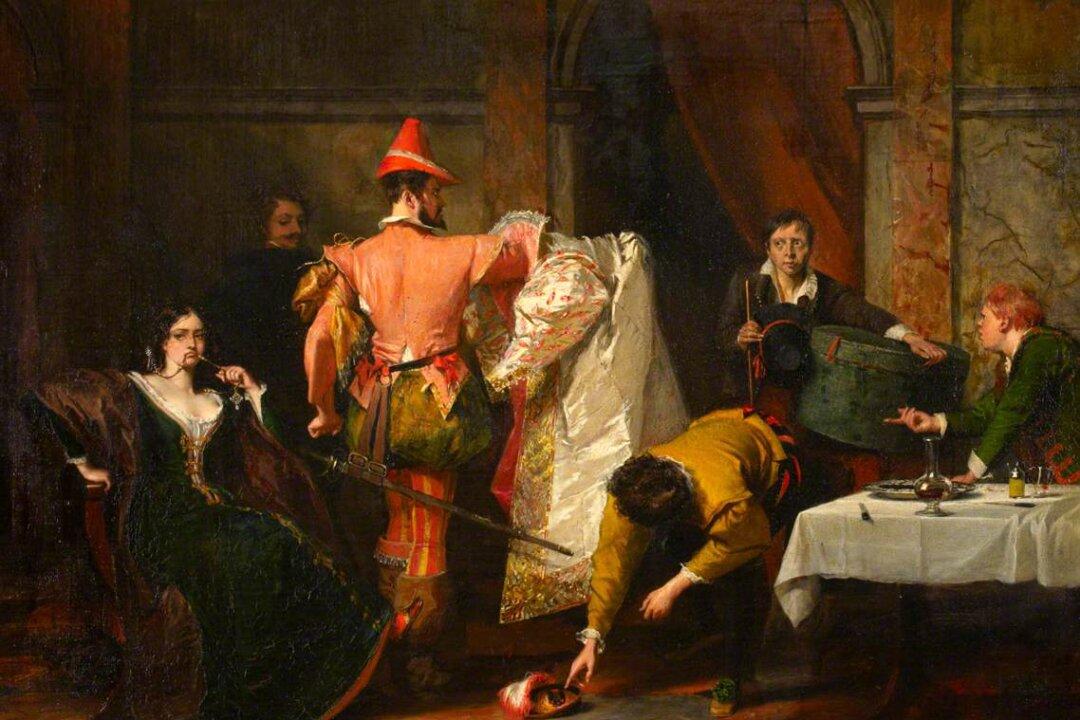James Joyce wrote “when you’re dead, you’re dead.” Until modern times most people have believed otherwise.
Ancient Egyptians believed in an endless life after death. In the Bible, Moses, King David, and others lie—or rest, or sleep, or lie down, depending on the translation of the Hebrew verb—with their fathers. Dante articulated for Christianity the two possible spiritual conditions of the human soul in the afterlife: hell or heaven (following a period in purgatory). In India, people have believed in reincarnation determined by karma, or in nirvana (“no wind”), or in one leading to the other. Many have believed that some souls return as ghosts.





